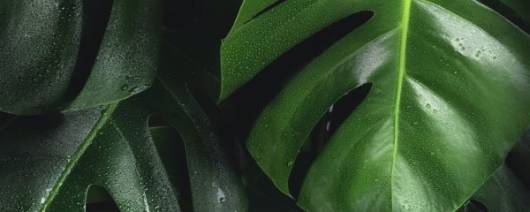
- INCI Name:Citrus Junos Peel Oil
- Ingredient Origin:Natural Origin, Non-Animal Origin, Plant Origin
- Benefit Claims:Lifting, Cleansing, Anti-Bacterial, Anti-Viral, Non-Irradiated, Calming, Anti-Inflammatory, De-Odorizing, Cleaning, Anti-Aging, Shine & Radiance
- Labeling Claims:BSE-free, Plant-Based, Not Tested on Animals, Non-GMO, Credo Clean Standard, Clean at Sephora, Cruelty-Free, Phthalates-free, Ulta Beauty's Conscious Beauty, Not Listed In California Proposition 65, Nanomaterials-free, Organic, Naturally Derived, TSE-free, Natural, CMR Substances-free, Non-Toxic
- Certifications & Compliance:USDA Certified, Organic Certified, FDA Compliant, Nagoya Compliant
Cold pressed from the peel of the Citrus Juno, this beautiful uplifting oil has a delightful, fresh, citrus aroma. The Yuzu is an east Asian fruit that resembles a small bumpy orange or grapefruit. Yuzu oil has been used in Japanese culture for centuries for its therapeutic properties and fresh aroma. Being high in antioxidants such as Vitamin C and limonene, this oil possesses anti-inflammatory properties and is a valued addition to skin care products. It helps support respiratory health and is antibacterial. Yuzu fruit is mainly cultivated in Japan, Korea and China and has been used in Asian cooking for hundreds of years.Its zest and juice are widely used for flavoring everything from spicy sauces to liqueurs and marmalades. It is also used in high-end perfumes. In Japan, Yuzu represents new beginnings and vibrant health. The fruit is traditionally used in a hot bath on the winter solstice, to help warm the body, ward off winter ills, calm the mind and help people feel inspired for the future. The oil is not produced in high quantities, so it may be a little more expensive than other citrus oils.